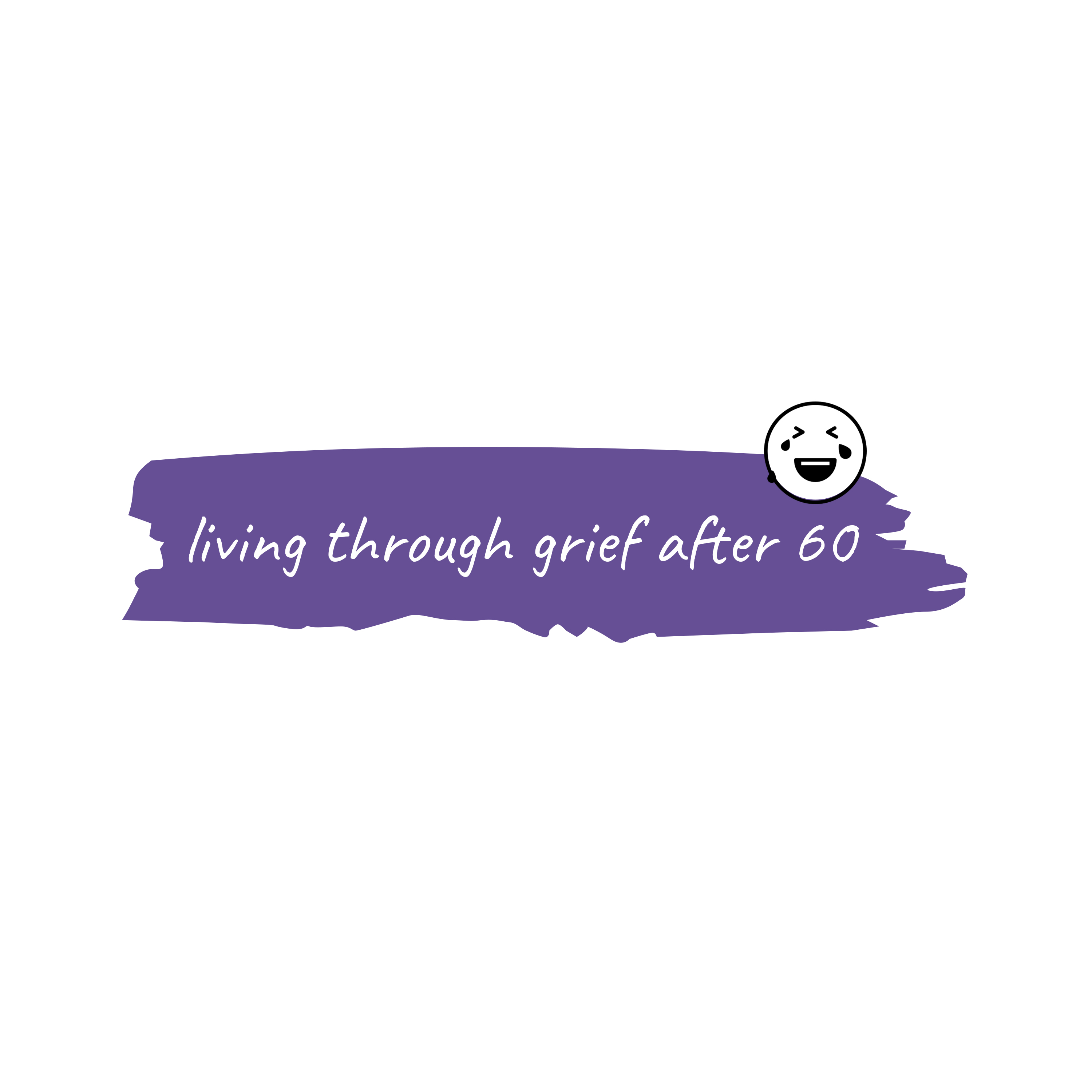Occasionally, after my mother asks the same question in about five minutes, she says that she must be getting Alzheimer’s. I remember seeing a cartoon strip several years ago when a youngster referred to “Old Timer’s Disease”, which seems to be a sad joke at the expense of seniors 60 and over who suffer the effects of Alzheimer’s disease that are devastating not just for the person diagnosed with it, but also everyone who loves them.
In my volunteer work at a hospice, some of the people I call as a grief support caller said that they were their loved one’s caregiver for several years before they eventually passed away. Survivors have shared while they were caring for their spouse, it became a large part of their identity, and felt they lost that part of themselves when their spouse eventually passed away. I have also heard survivors reflect that they felt a sense of relief when their loved one died because they knew their spouse was no longer suffering; the surviving loved one also shared that they chose to remember their spouse as they were before they were diagnosed with Alzheimer’s.
Kathleen Fifield for AARP in 2018 said that while dementia can include disorders characterized by chronic memory loss, Alzheimer’s disease, just one of the diseases that is characterized by personality changes and impaired reasoning, “slowly and irreversibly destroys memory and thinking skills”, eventually taking away the person’s ability to carry out even simple tasks. Sadly, Fifield continued, a cure for Alzheimer’s “remains elusive”. It must be emphasized that Alzheimer’s disease is the most common form of dementia, with an estimated 60% to 80% of cases, according to AARP’s Fifield.
Alzheimer’s disease affects people from all walks of life. Former Wisconsin Governor Martin Schreiber wrote My Two Elaines: Learning, Coping, and Surviving as an Alzheimer’s Caregiver, in which he tells about the transition of his wife Elaine, who he met while they were in high school; had gradually changed from a woman who graciously entertained guests while First Lady of Wisconsin to a woman who no longer knows her husband. It is recommended reading for anyone who is a caregiver of an Alzheimer’s patient who is also experiencing anticipatory loss of their loved one while he/she is still alive physically.
When former President Reagan was diagnosed with Alzheimer’s in 1994, Eleanor Clift and Evan Thomas said in Newsweek in 2016 that he was most concerned about his wife Nancy and his family, who were about to bear a difficult burden to carry. Clift and Thomas continued that Nancy knew her husband was going to gradually leave her and would eventually be unsure as to who she was with each passing day, drifting away from her. Nancy, according to Clift andThomas, felt that the effects of Alzheimer’s disease would be worse on her than her husband’s attempted assissination.
While I don’t have personal experience with someone in our family with Alzheimer’s, I can emphasize with the pain of being asked directly by the patient, “Who are you?” It also can be painful to find out from relatives who visited the patient later that the patient asked, “Who was he/she?” It can be extremely difficult to care for someone with Alzheime’s disease who is irritated simply because they don’t know someone they loved for years. It is difficult, if not impossible, to share or reminisce about things that happened years ago, knowing that a loved one will be agitated with their loved one simply the person has become someone they don’t know, despite spending decades together. It can be troubling to know that one’s last moments with their loved ones,no matter how long between initial diagnosis and eventual death, may be remembered as a time of confusion and agitation because of the effects of Alzheimer’s that cause them to not remember the loved one.
While Alzheimer’s can be one of the most difficult things seniors 60 and older can go through with their loved ones, it can also be one of the most grace-filled moments of the lives of both parent/child and husband/wife. Despite the ravaging effects of Alzheimer’s that can result in sadness that the person diagnosed with Alzheimer’s is not the same person they knew land loved, it can also create a bond of unconditional love and compassion for both patient and their loved one despite, or even because of, the gradual progression of Alzheimer’s that would change their loved one irrevocably.
It is possible for seniors 60 and older to remain sharp. I recall my great-aunt, who lived to be 100, remained sharp until about 3 months before she passed away. If seniors take right medications, eat right, stay active and and remain up-to-date with what is happening in the world,it is possible they will be able to delay, and ultimately avoid the onset of Alzheimer’s disease.
Loving Someone Who Has Dementia: How to Find Hope while Coping with Stress and Grief, is another great resource for family members and their loved ones who are struggling with Alzheimer’s disease.

Thank you for your work and your compassion. I took care of my mother until she died from Alzheimer’s.
Great post! It is very difficult to care for aging loved ones. It’s a good thing to practice as much self-care as you can to keep doing the job you need to do. Finding support systems really helps.
My 89-year-old mom has dementia. I am preparing the best I can. Currently, I am her primary (nearly sole) caregiver out of 8 remaining offspring. One comment a previous customer of mine used to say about his declining wife not recognizing him. “Yes, But I know who She is! ” I will hold tight to that. She may not remember me, But I know who She is! She is my amazing mother! We are currently waiting for a long term care bed.